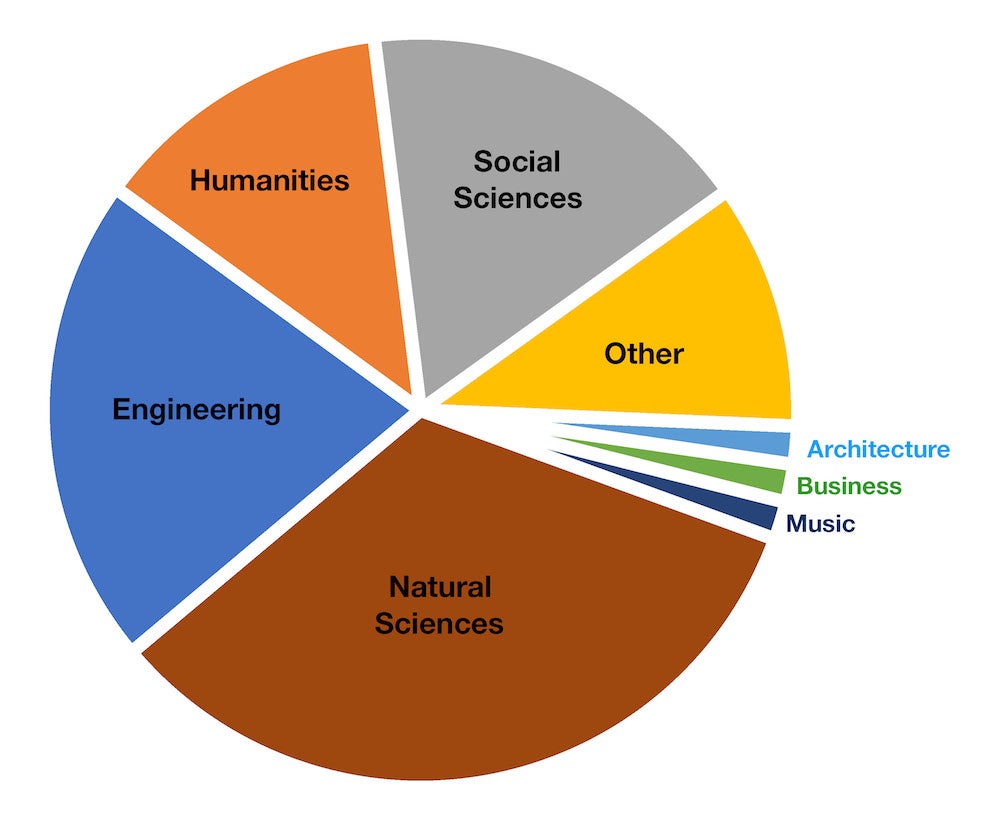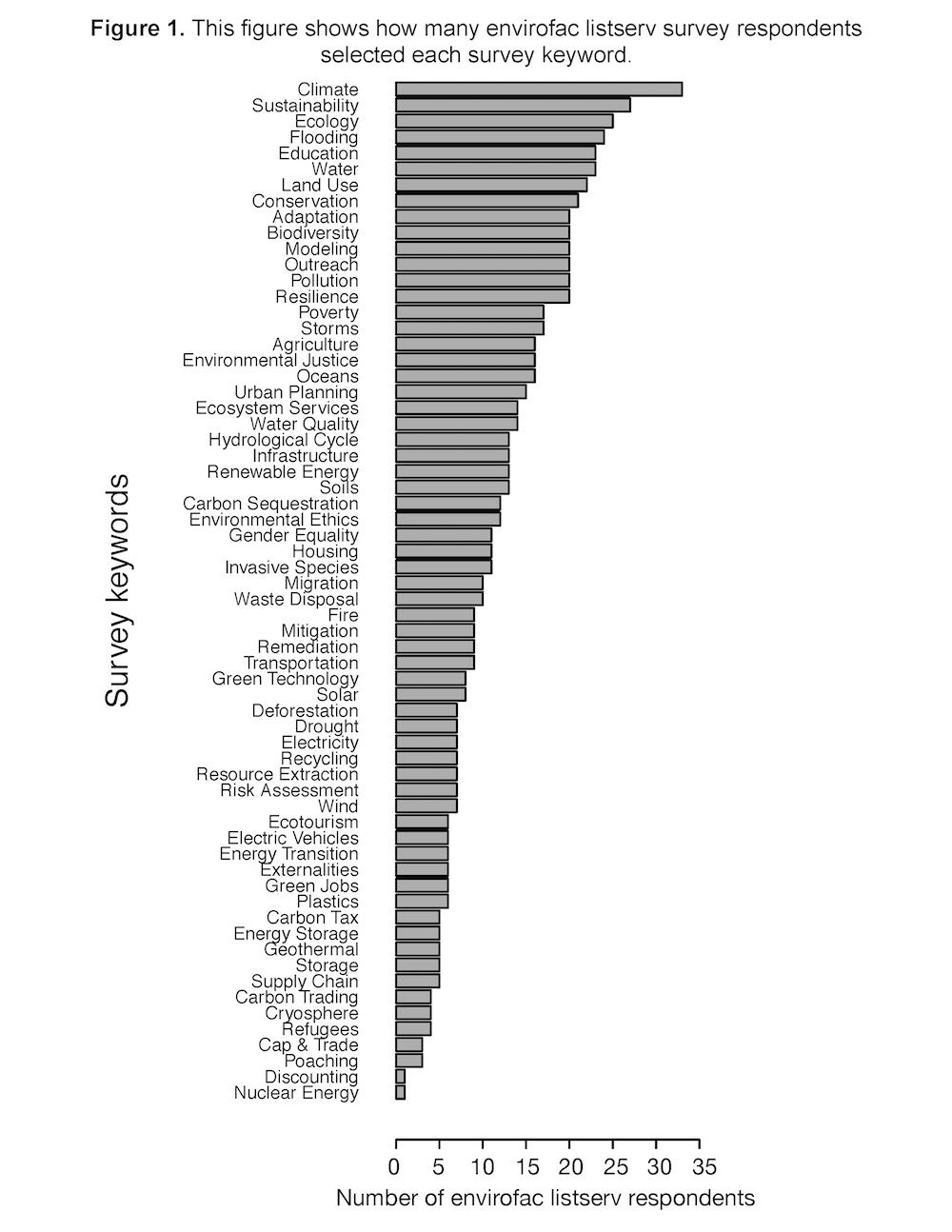The environmental challenges of the 21st century are at their core scientific problems driven by human activities. This makes them fundamentally multidisciplinary and multi-stakeholder, features that make finding effective solutions challenging. Traditional single-discipline approaches to environmental problems are almost universally unsuccessful because they miss the perspectives (and therefore needs) of all relevant stakeholders. Universities have the potential to act as incubators for real, workable environmental solutions because they house scholars with the breadth of necessary disciplinary skills to address the needs of all stakeholders, but not all universities have a history of the interdisciplinary conversations and extramural relationships necessary to generate successful environmental solutions. Rice is one of few institutions well-positioned to create these solutions because of our historic successes in multidisciplinary problem-solving and our long-term, effective relationships with environmental stakeholders ranging from biodiversity NGOs, to governments, to energy companies.
Rice’s research strengths include:
- Biodiversity (ANTH, HUMA, EBIO, EEPS)
- Climate dynamics (EEPS, MECH, CEVE)
- Energy technology (CHBE, MECH, ECE, Baker Institute)
- Environmental sensing (EBIO, ECE, CEVE, EEPS)
- Environmental health, justice, and inequality (KINE, STAT, SOC, SOCI, HUMA, ECON, POLI, CEVE, CAAAS)
- Human culture, environmental perceptions, and responses (ANTH, HUMA, ARTS, ARCH, SOCI, STAT, RELG, LING, HIST)
- Human impacts on the environment (CEVE, EBIO, Kinder, EEPS, BIOS, CHBE, SPPO, HUMA)
- Robotics in environmental monitoring and remediation (ECE, MECH, COMP)


